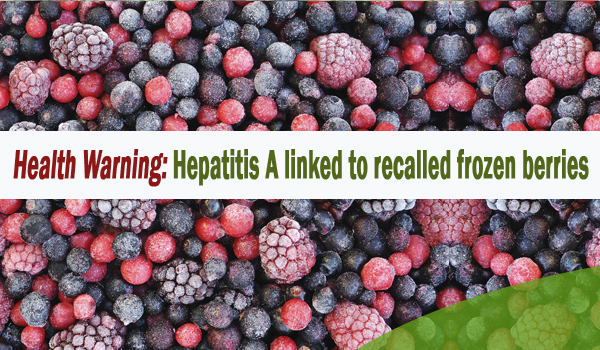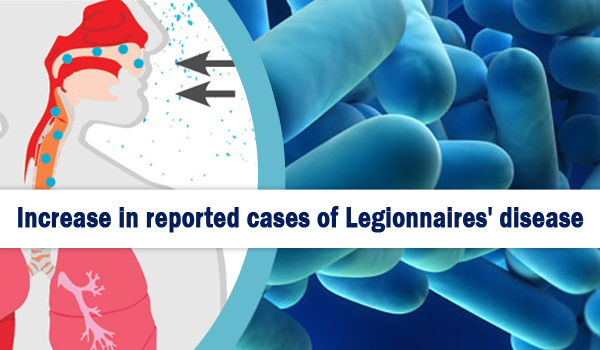What is the difference between a cold and the flu?
The flu and the common cold are both respiratory illnesses but they are caused by different viruses. Because these two types of illnesses have similar symptoms, it can be difficult to tell the difference between them based on symptoms alone. In general, the flu is worse than the common cold, and symptoms are more common and intense. Colds are usually milder than the flu. People with colds are more likely to have a runny or stuffy nose. Colds generally do not result in serious health problems, such as pneumonia, bacterial infections, or hospitalizations. Flu can have very serious associated complications.
Identifying the difference between a cold and the flu?
Because colds and flu share many symptoms, it can be difficult (or even impossible) to tell the difference between them based on symptoms alone. Special tests that usually must be done within the first few days of illness can tell if a person has the flu.
What is Flu?
Influenza (flu) is a highly contagious viral infection that spreads easily from person to person through coughing, sneezing and close contact. The flu virus infects your nose, throat and sometimes your lungs. Unlike a cold, symptoms such as fever, sore throat and muscle aches develop suddenly with flu and last about a week. In some cases, severe illness and complications such as pneumonia and bronchitis can develop, which can result in hospitalisation and even death. The flu can also make some existing medical conditions worse.
Symptoms of the flu VS symptoms of a cold?
The symptoms of flu can include fever or feeling feverish/chills, cough, sore throat, runny or stuffy nose, muscle or body aches, headaches and fatigue (tiredness). Cold symptoms are usually milder than the symptoms of flu. People with colds are more likely to have a runny or stuffy nose. Colds generally do not result in serious health problems.
* It’s important to note that not everyone with flu will have a fever.
Treatment of colds
There are no specific medications that can cure the common cold, but there are some simple ways you can effectively relieve your symptoms.
For young children and babies, talk to your chemist who will advise you depending on your child’s symptoms.
In adults, paracetamol is effective for fever and mild pain, and is a common ingredient in many cold and flu medications.
Nasal decongestants can also help to ease a blocked nose. These medications can make it easier to breathe but they should only be used by adults and should not be given to young children or babies.
Sore throats can be relieved with sipping on a warm drink with lemon and honey, gargling salt water and sucking a lozenge.
Make sure that you check the active ingredients on all product labels to ensure that you do not take a ‘double dose’ or accidentally give one to your child. Talk to your chemist if you are unsure about this.
Always ask your doctor or chemist for advice before using medications, to make sure that they are safe for you or your child.
Taking a Flu shot early before the flu season starts will protect you from the harmful effects of flu spreading in late month of August
Annual vaccination is the best way of preventing the flu and any associated illness. You should get the flu shot every year because the flu virus is constantly changing. Every year, the flu vaccine changes to match the flu virus, so it protects against the flu strains which are most likely to be around during that winter. There is evidence that the effectiveness of the influenza vaccine wanes over time and it’s important to be protected when the flu is most common, around August. Ask your doctor for advice on the best time to receive your vaccination.
See your doctor if you have cold or flu-like symptoms and 1 or more of the following:
symptoms lasting longer than 10 days
a cough lasting longer than 3 weeks
can’t or won’t drink fluids
vomits frequently
complains of intense headache
is pale and sleepy
chest pain
breathing difficulties
a rash with fever
you are worried.
See your doctor if your child has cold and flu symptoms and:
has a chronic medical condition
warning signs of severe illness including poor feeding, dehydration and difficulty breathing.
See fever in children and spotting signs of serious illness in babies and children for more information.
http://healthywa.wa.gov.au/Articles/A_E/Common-cold
https://www.healthdirect.gov.au/colds-and-flu-treatments








